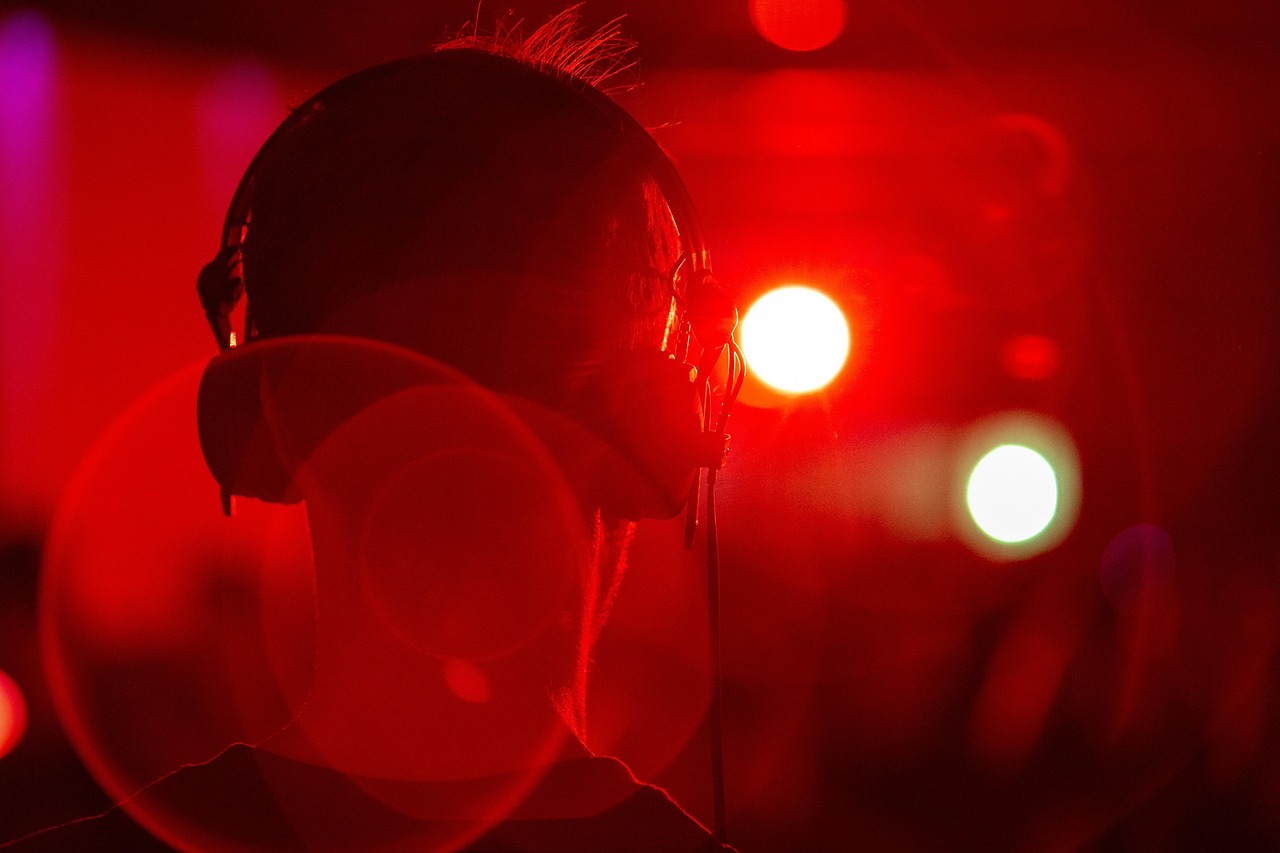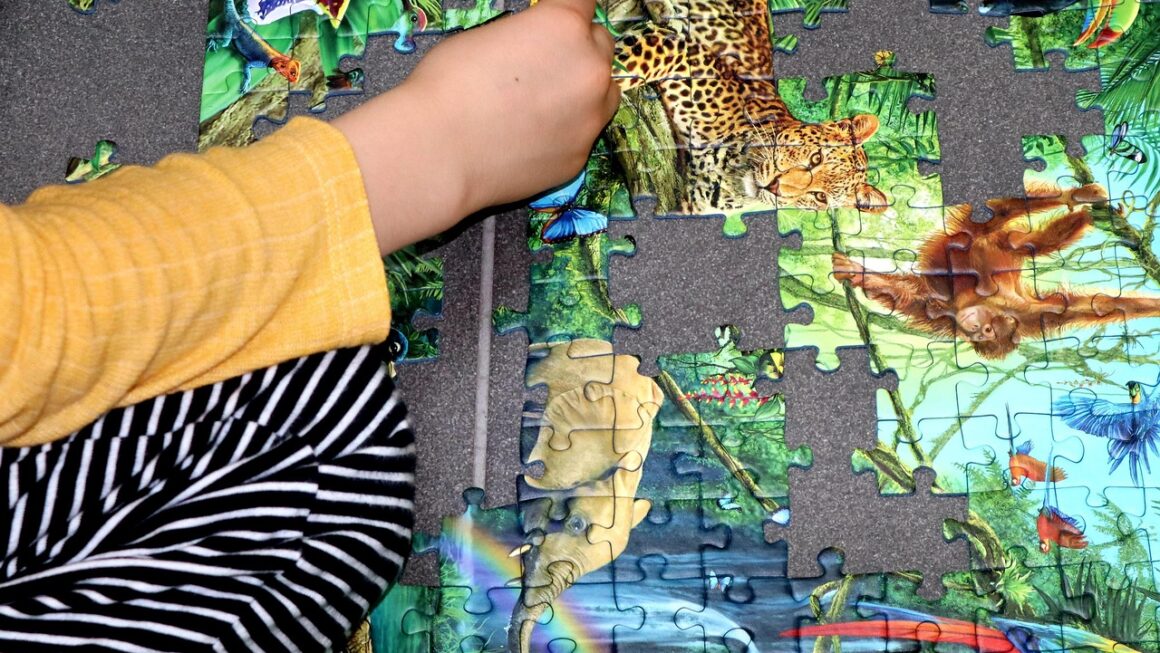An entertainment hub is more than just a place to unwind; it’s a dynamic ecosystem where stories come to life, communities connect, and memories are forged. In today’s digitally driven world, the concept of an entertainment hub has evolved beyond physical locations to encompass a vast array of online platforms, immersive experiences, and interactive content. Whether you’re a content creator, an entertainment enthusiast, or simply looking for new ways to spend your leisure time, understanding the components and trends of modern entertainment hubs is essential. This post will delve into what makes an entertainment hub thrive, its different forms, and how you can leverage these spaces for your own enjoyment and potentially, your career.
What Defines an Entertainment Hub?
An entertainment hub serves as a central point for accessing and engaging with various forms of entertainment. It’s a space – physical or virtual – where people can gather, discover, and enjoy movies, music, games, live performances, and other leisure activities. The core characteristics of an effective entertainment hub include accessibility, diversity of content, community engagement, and a user-friendly experience.
Key Characteristics of a Thriving Hub
- Accessibility: The hub should be easily accessible, whether physically (easy to reach location, ample parking) or digitally (user-friendly website, mobile apps).
- Content Variety: Offering a diverse range of entertainment options caters to a broader audience. This could include everything from blockbuster movies and independent films to live music performances, interactive games, and educational workshops.
- Community Focus: Building a sense of community through interactive features, social media integration, and organized events fosters loyalty and encourages repeat visits.
- User Experience: A seamless and intuitive user experience is crucial. This involves easy navigation, personalized recommendations, and high-quality content presentation.
- Innovation: Staying ahead of the curve by incorporating new technologies and trends, such as virtual reality (VR) experiences, augmented reality (AR) applications, and interactive streaming, keeps the hub relevant and engaging.
Examples of Successful Entertainment Hubs
- Physical Hubs:
Universal Studios Theme Parks: Combines thrilling rides, movie-themed attractions, and live entertainment to create a highly immersive experience.
Broadway Theatre District (New York City): A concentrated area featuring numerous theaters showcasing world-class plays and musicals, drawing visitors from across the globe.
ESPN Wide World of Sports Complex (Orlando, Florida): A massive sports complex hosting amateur and professional sporting events, tournaments, and training camps.
- Digital Hubs:
Netflix: Offers a vast library of movies, TV shows, documentaries, and original content accessible through a subscription-based streaming service.
Twitch: A live streaming platform primarily focused on video game content, but also includes music, art, and other creative endeavors. It emphasizes interaction between streamers and their audience.
Spotify: A music streaming service with a vast catalog of songs, podcasts, and playlists, offering personalized recommendations and social sharing features.
YouTube: A video-sharing platform where users can upload, view, and share videos on virtually any topic. It has become a significant hub for content creators and viewers alike.
Types of Entertainment Hubs: Physical vs. Digital
The entertainment landscape has undergone a significant transformation with the rise of digital platforms. While physical hubs continue to offer unique experiences, digital hubs have expanded accessibility and content diversity.
The Enduring Appeal of Physical Hubs
Physical entertainment hubs provide a tangible and immersive experience that digital platforms often struggle to replicate.
- Social Interaction: Physical hubs offer opportunities for face-to-face interaction and community building.
- Sensory Immersion: The sights, sounds, and atmosphere of a physical venue can enhance the entertainment experience.
- Spontaneity: Physical hubs often host unplanned events and activities, adding an element of surprise and discovery.
- Example: Attending a live concert at a music venue provides an immersive experience that includes the energy of the crowd, the visual performance, and the overall atmosphere, creating lasting memories.
The Rise of Digital Entertainment Hubs
Digital hubs offer unprecedented access to entertainment content from anywhere in the world.
- Accessibility: Content is available 24/7 on various devices.
- Content Diversity: Digital platforms offer a vast library of movies, music, games, and other entertainment options.
- Personalization: Algorithms provide personalized recommendations based on user preferences.
- Example: Netflix uses algorithms to analyze viewing habits and recommend movies and TV shows tailored to each user’s interests.
Building Your Own Entertainment Hub
Whether you’re a content creator or simply want to curate your own entertainment experience, understanding the principles of entertainment hubs can be beneficial.
Content Curation Strategies
- Identify Your Niche: Focus on a specific genre or theme to attract a targeted audience. For example, you might create a YouTube channel dedicated to retro gaming or a blog focused on independent film reviews.
- Quality Over Quantity: Prioritize high-quality content that resonates with your audience.
- Consistency is Key: Regularly update your hub with fresh content to keep your audience engaged.
- User Feedback: Actively solicit and respond to feedback from your audience to improve your hub’s content and functionality.
- Example: A podcast focused on a specific genre of music could curate playlists, interview artists, and provide in-depth analysis of songs and albums.
Leveraging Social Media
- Platform Selection: Choose social media platforms that align with your target audience.
- Engaging Content: Create engaging content that encourages interaction and sharing.
- Community Building: Foster a sense of community by responding to comments and messages, hosting online events, and collaborating with other creators.
- Example: A Twitch streamer could use Twitter to announce upcoming streams, share highlights from past streams, and interact with their audience.
The Future of Entertainment Hubs
The entertainment landscape is constantly evolving, driven by technological advancements and changing consumer preferences.
Emerging Technologies
- Virtual Reality (VR) and Augmented Reality (AR): These technologies offer immersive and interactive entertainment experiences.
- Artificial Intelligence (AI): AI can personalize content recommendations, automate content creation, and enhance the user experience.
- Blockchain Technology: Blockchain can be used to create decentralized entertainment platforms, protect intellectual property rights, and facilitate secure transactions.
- Example: VR headsets are already being used to create immersive gaming experiences, while AR apps are being used to overlay digital content onto the real world.
Trends to Watch
- Personalized Entertainment: Consumers increasingly expect personalized content recommendations and experiences.
- Interactive Entertainment: Interactive games, live streaming, and participatory events are becoming more popular.
- Mobile Entertainment: Mobile devices are the primary platform for entertainment consumption.
- *Example: Netflix’s interactive TV shows, such as “Black Mirror: Bandersnatch,” allow viewers to make choices that affect the storyline.
Conclusion
Entertainment hubs are vital components of modern society, providing spaces for connection, recreation, and cultural enrichment. Whether physical or digital, their effectiveness hinges on accessibility, content variety, community engagement, and a positive user experience. By understanding the dynamics of entertainment hubs and leveraging emerging technologies, you can create your own immersive and engaging experiences or enhance existing platforms. The future of entertainment is undoubtedly dynamic, and staying informed about evolving trends will be essential for both creators and consumers.




